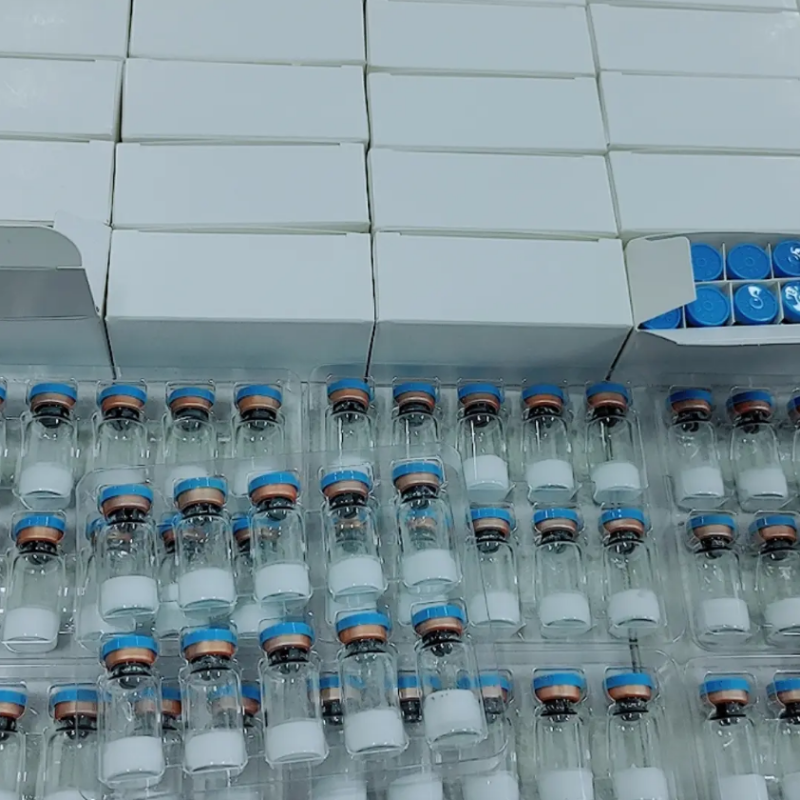-
Categories
-
Pharmaceutical Intermediates
-
Active Pharmaceutical Ingredients
-
Food Additives
- Industrial Coatings
- Agrochemicals
- Dyes and Pigments
- Surfactant
- Flavors and Fragrances
- Chemical Reagents
- Catalyst and Auxiliary
- Natural Products
- Inorganic Chemistry
-
Organic Chemistry
-
Biochemical Engineering
- Analytical Chemistry
- Cosmetic Ingredient
-
Pharmaceutical Intermediates
Promotion
ECHEMI Mall
Wholesale
Weekly Price
Exhibition
News
-
Trade Service
December 9, 2020 // -- Researchers at Children's Hospital of Philadelphia (CHOP) found elevated levels of biomarkers associated with vascular damage in children infected with SARS-CoV-2, even if the children had little or no COVID-19 symptoms.
also found that a large proportion of SARS-CoV-2 infected children met the clinical and diagnostic criteria for thrombosis microvascular disease (TMA).
TMA is a syndrome involving small blood vessel condensation that has been identified as a potential cause of severe COVID-19 performance in adults.
(Photo: www.pixabay.com) was published today in the journal Blood Advance.
co-senior author and co-head of immune disorders, T. Dr Teachey said: "We do not yet know the clinical significance of this elevated biomarker in children with COVID-19 and asymptomatic or mild symptoms.
we should continue to test and monitor children with SARS-CoV-2 so that we can better understand how the virus affects them in the short and long term.
" Most children infected with SARS-CoV-2 have mild or mild symptoms, although a small percentage of children develop severe illness or children with multiple systemic inflammatory syndrome (MIS-C), which is the virus's inflammatory response to COVID-19.
have identified TMA, mediated by complement cascading, as a potential cause of severe COVID-19 performance in adults.
complement cascading response is part of the immune system that enhances the immune response but also promotes inflammation.
, however, the role of complement-mediated TMA has not been studied in children.
to assess the role of supplement activation in SARS-CoV-2 patients, co-authors Dr. Caroline Diorio and Dr. Kevin McNerney analyzed 50 pediatric patients with acute SARS-CoV-2 infection who were hospitalized at CHOP between April 2020 and July 2020.
of these 50 patients, 21 had the lowest COVID-19 and 11 had severe COVID-19 and 18 were diagnosed with MIS-C.
researchers used soluble C5b9 (sC5b9) as a biomarker for complement activation and TMA.
SC5b9 is considered an indicator of the severity of TMA after a hematopoietic stem cell transplant.
increased mortality in transplant patients with a significant increase in sC5b9.
researchers found an increase in C5b9 in patients with severe COVID-19 and MIS-C, but to their surprise, they also found an increase in C5b9 in patients with mild or asymptomatic conditions.
Although the study is forward-looking, recruiting patients and collecting data from the time they are hospitalized, researchers can retrospectively obtain some laboratory data when evaluating whether they meet TMA clinical standards.
19 (86%) of the 22 patients for which full data are available meet the TMA standard.
, sC5b9 levels increased in patients who met and did not meet TMA standards.
Teachey said: "Although most children with COVID-19 do not have a serious illness, our study suggests that SARS-CoV-2 may have other effects worth studying.
further research is needed to determine whether TMA screening should be performed on hospitalized SARS-CoV-2 patients, whether TMA-directed treatment is helpful, and whether complement activation and endoskin injuries have short- or long-term clinical effects.
children with COVID-19 or MIS-C.
most important thing about this study is that we know more about SARS-CoV-2.
we should not speculate on the short- and long-term effects of infection.
" () Source: Elevated biomarker for blood vessel damage found in all children with SARS-CoV-2 Original source: Evidence of thrombotic microangiopathy in children with SARS-COV-2 across the spectrum of clinical presentations. Caroline Diorio et al. Blood Advances (2020) 4 (23): 6051–6063. DOI: doi.org/10.1182/bloodadvances.2020003471。







